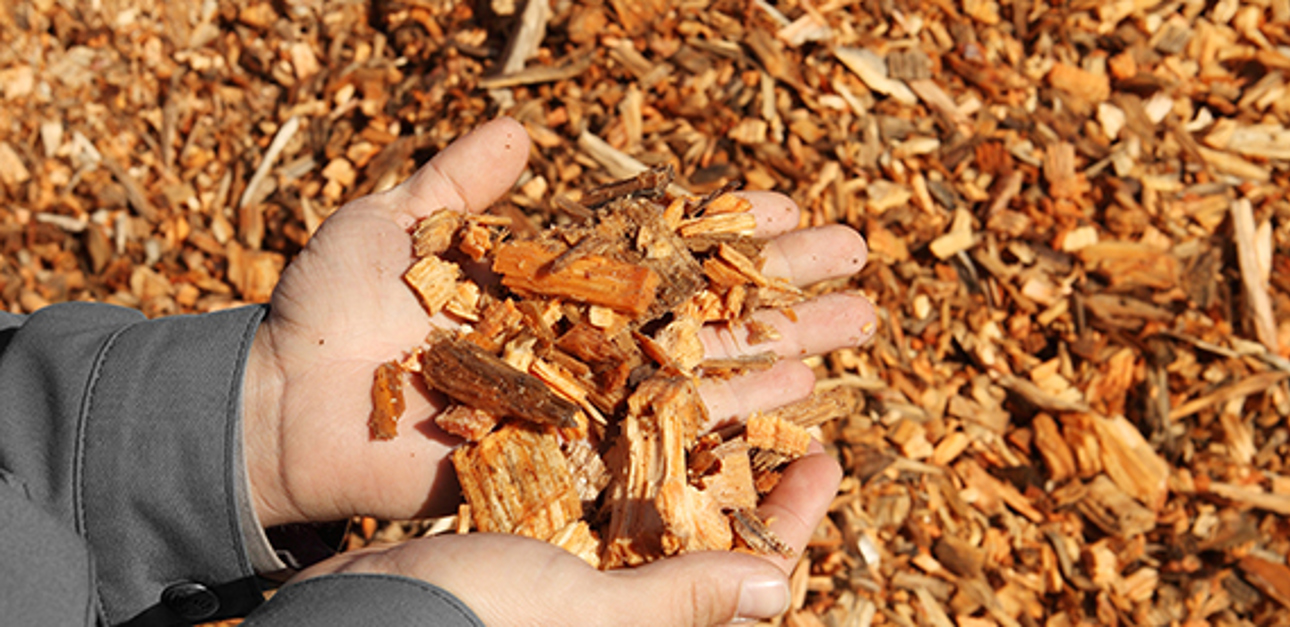Fortum’s and Valmet’s views on sustainability of solid and gaseous biofuels: UNIFORM CRITERIA FOR ALL BIOENERGY
Feb 21, 2016

Bioenergy plays a significant role in climate change mitigation, in improving the security of supply of energy, and in creating jobs and well-being. Especially in Northern Europe, it is an important part of the sustainable energy system and increases the use of domestic energy resources. Bioenergy is the only renewable energy source that can replace fossil fuels in the production of electricity, heat and traffic fuels. There are significant growth and technology export opportunities associated with bioenergy.
Sustainable bioenergy production and use is gaining increasing attention globally. All bioenergy use must be environmentally, economically and socially sustainable. Only bioenergy that is sustainably produced and used should be classified as renewable energy and taken into account in the fulfilment of renewable energy obligations as well as counted as zero-emissions in EU emissions trading.
All bioenergy, whether in liquid, solid or gaseous form, needs one set of criteria in order to promote a predictable and stable regulatory environment, develop bioenergy market operations, and create a level playing field for competition. The sustainability criteria should target the origin of the bioenergy, regardless of its end use or form.
Overlapping regulation should be avoided in creating the sustainability criteria for solid biomass. Sustainable forestry and sustainable agricultural practices should be the foundation when defining sustainability criteria. The existing legislation on forestry and agriculture, which takes into account national special characteristics, as well as voluntary international standards/systems should be utilised in the verification of sustainability. In terms of competition and a well-functioning internal market, it is important to ensure mutual recognition of the different systems.
The EU criteria should align with key international regulations (e.g. standardisation of bioenergy), and the goal should be global definitions for the sustainability of bioenergy. Before establishing global criteria, the EU criteria should be applied to also the bio-raw material imported into the EU.
In terms of governance and cost efficiency, it is expedient to apply the criteria to plants within the sphere of EU emissions trading (>20 MW plants).
Additional information:
Carita Ollikainen, Head of Corporate Relations, Valmet Corporation (carita.ollikainen@valmet.com, +358 46 921 2437)
Esa Hyvärinen, Senior Vice President, Corporate Relations, Fortum Corporation (esa.hyvarinen@fortum.com, +358 40 826 2646)